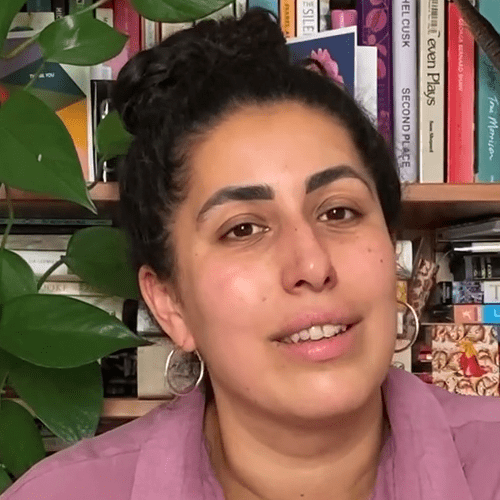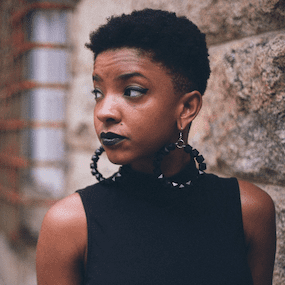
Maria
Maria was diagnosed with HIV in 2012 and has no idea how she got it. She was pleased when she learned that breastfeeding was an option and loved it.
Maria is British Asian and is married, with a 16-month-old child.
Here, you can find any of the interviews on this site.

Maria was diagnosed with HIV in 2012 and has no idea how she got it. She was pleased when she learned that breastfeeding was an option and loved it.
Maria is British Asian and is married, with a 16-month-old child.

Rachel had planned to breastfeed her baby, but because of various clinical reasons she was not able to and feels disappointed about this.
Rachel is of Black African descent works as a care worker. She has a 5-month-old baby.

Formula was recommended when Layla's first child was born prematurely based on there being limited data on HIV transmission risks in premature babies. Layla feels that having formula fed her older child made her decision to formula feed her new baby a bit easie.
Layla is Black British African and is married with two children, a 3-year-old and an 11 month old baby.

Based on hearing that there was a small risk of transmitting HIV through breastfeeding, Maya chose to formula feed. She felt supported by her consultant, who talked about how women have many reasons for not choosing breastfeeding, not just HIV.
Maya is Black Caribbean, and she and her partner have an 11-month-old baby.

April was and healthcare team, she decided to formula feed her baby.
April is Black African and has three children, aged 17 and 7 years old, and a 4-month-old baby.

Tina was diagnosed more than ten years ago and has seen how the infant feeding guidelines have changed to support others who wish to breastfeed. She had intended to breastfeed but on having twin babies who were born premature, she decided to formula feed.
Tina is White British and is married with twin babies aged seven and a half months old.

Swelihle lives in a shared house with three other women and four other children. Her partner comes to help her sometimes. She was diagnosed with HIV in 2018 while pregnant with her older child and started treatment late into her pregnancy.
Swelihle is Black African and has a partner and two children, a two-year-old child and a five-month-old baby.

Biola found out about her HIV status in 2009 while pregnant with one of her older children. Although she had not breastfed before, she decided to breastfeed her youngest child to build a strong bond and have the experience of breastfeeding.
Biola is Black African and has a partner and five children, aged 20, 10, 5 and 3 years old and an eight-month-old baby.

Holly was diagnosed with HIV in 2014 when she was in her early 30s. Initially, Holly had intended to formula feed, she herself was formula fed as a baby. Recently, however, she and her partner have been considering breastfeeding because of the additional health benefits.
Holly is White British and is seven months pregnant with their first child. She lives with her partner, Stephen (also interviewed).

Nozipho found out she had HIV in 2013 after going for tests for a suspected yeast infection. On the basis of her medical history, doctors suggested that Nozipho probably had HIV from birth. She formula fed her baby even though this had not been her plan.
Nozipho is Black African and came to the UK from Southern Africa when she was 17 years old. She is engaged and has an 11-month-old baby.